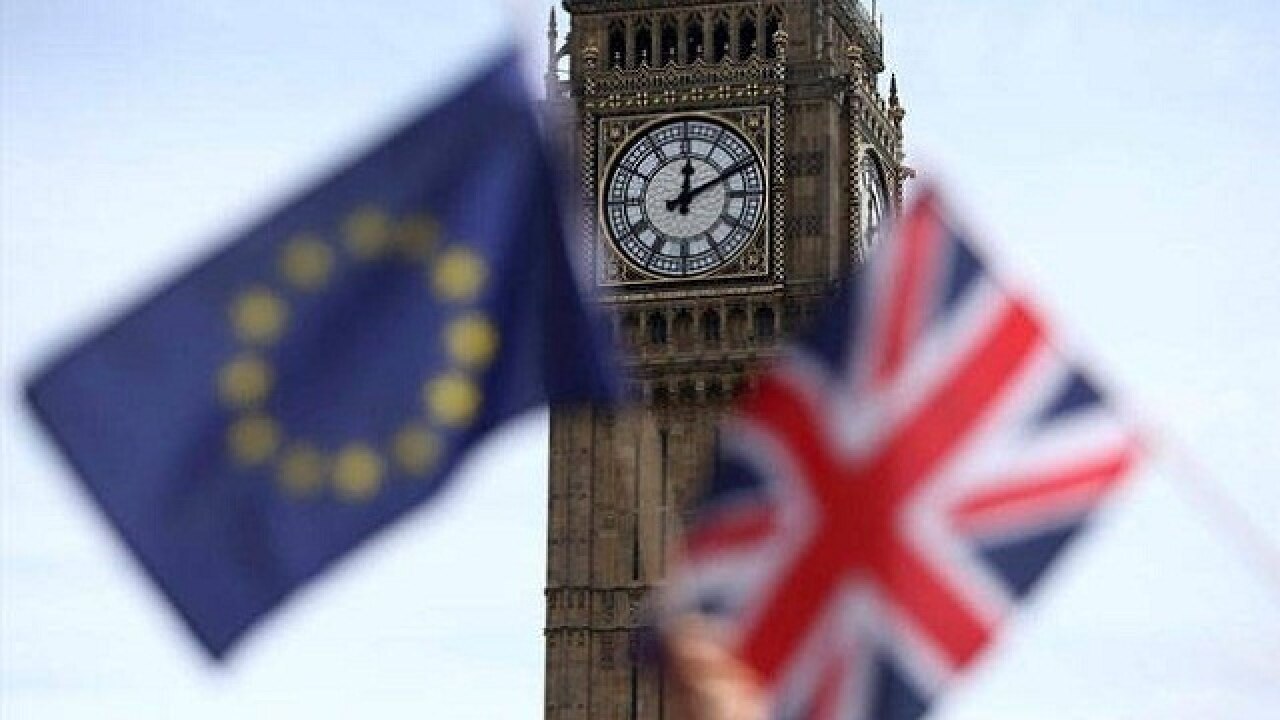
It was interesting to see the Indian media devoting pages to the referendum in the United Kingdom and its result. 52% in the UK voted for the country to leave European Union, and 48% wanted to stay back. It was not a decisive victory by any stretch of imagination. And it really does not matter, not to the UK, not to the EU, not to India. India’s Anglophiles are really in a tizzy, and without reason. Neither UK nor EU are economic powerhouses, nor leaders of science and technology. They are sliding back into the provinciality of the early Middle Ages in a manner of speaking.
Historically, England/Britain/United Kingdom were outsiders to Europe, geographically and politically. Something like Japan is to East Asia. But that is a different story. England’s queens and kings may have come from Europe, from France and Spain, from the Netherlands and Hanover in Germany, but the people of the islands maintained a fierce Anglo-Saxon identity of their own. And this goes back to the Magna Carta of 1215, where the feudal lords of the day ticked off King John and asserted the common rights of the people of the kingdom. Europe had not seen anything of this kind till the bloody French Revolution of 1789.
But old England played a key role in Europe’s political affairs. Whenever a single country in Western Europe appeared to become too powerful, it threw its weight on the other side and set the balance right. That is what England did during the 16th century when Spain was the dominant power. It contested the claims of the Dutch in the 17th century and of the French in the 18th century. England fought the war against Napoleon and his France in the early 19th century on the side of the reactionary Holy Alliance of Russia, Austria and Prussia. It checked France at the end of the 19th century and supported Bismarck’s Germany. And in the two World Wars, England came decisively in the way of Germany, and defended France and the rest. England, however, did not have political or economic interests in Europe. It’s economic empire was outside of Europe, in the colonies, stretching from Australia through India to Africa, and to the Americas.
When the European Coal and Steel Community of the 1950s expanded to the European Economic Community (EEC) in the 1960s, Britain showed some interest, but France’s Charles de Gaulle did not much care for the English. With the loss of the empire and the colonies, Britain, it seemed, had to reconcile itself to being a part of Europe. But there was political and cultural resistance. Many of the politically and culturally self-conscious Britons felt that the trans-Atlantic American connection was more suited to their country than the trans-English Channel European contact. As a matter of fact, English writers and intellectuals had a love-hate relationship with the European mainland. It was Geoffrey Chaucer who gently unfurled the standard of cultural rebellion against the French language by writing in his Canterbury Tales in 14th century English. John Wycliffe translated the Bible into English in the 14th century, much before Martin Luther did the famous translation into German.
But there was the English tradition in the 17th and 18th centuries of the European grand tour, where the middle class writers and intellectuals felt it was necessary to visit Italy, France and Germany to get to know the world, to acquaint themselves with the arts and cultures of other countries so that their intellectual horizon expanded and their cultural tastes became sufficiently sophisticated. It was how John Milton, the creator of the English epic Paradise Lost, went off to Italy, met Galileo, and returned to write his masterpiece. Of course, Shakespeare was the home-grown and home-spun English genius, but like all geniuses he was an exception.
Politically and religiously, England cut itself off from Europe the day Henry VIII broke from the Roman Catholic Church and created the Church of England in its place. England entered the modern age but not as part of Western European Christendom with its centre in Rome. But then, Ireland chose to remain Roman Catholic and it retained its European connection. Scotland too was closer to Europe because it was connected to the Calvinist Reformation emanating from Geneva. There was an invisible cultural divide here.
So, it is the English shires south of Edinburgh, which remained provincial and took pride in the fact. But Conservatives, despite their cultural pride in all things English, realised that Britain’s relations with Europe have become a necessity, and that the country’s prosperity lies in the continent, now that the colonies are not there. Britain wanted to leverage its former colonial empire through the Commonwealth but it did not work too well for too long at the economic level.
Whether they like it or not, United Kingdom/Britain/England have to learn to live with their European neighbours as part of an economic chain. Britain wants to retain its political identity and not be swallowed by the bureaucratic behemoth at Brussels, which is legitimate. But its economic fortunes cannot be cut off from the EU.
So, India’s Anglophiles with their exaggerated sense of attachment to England should just re-read their English history, and get sober.